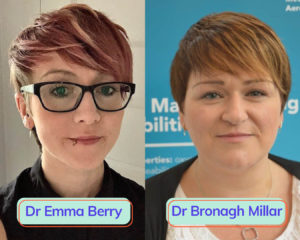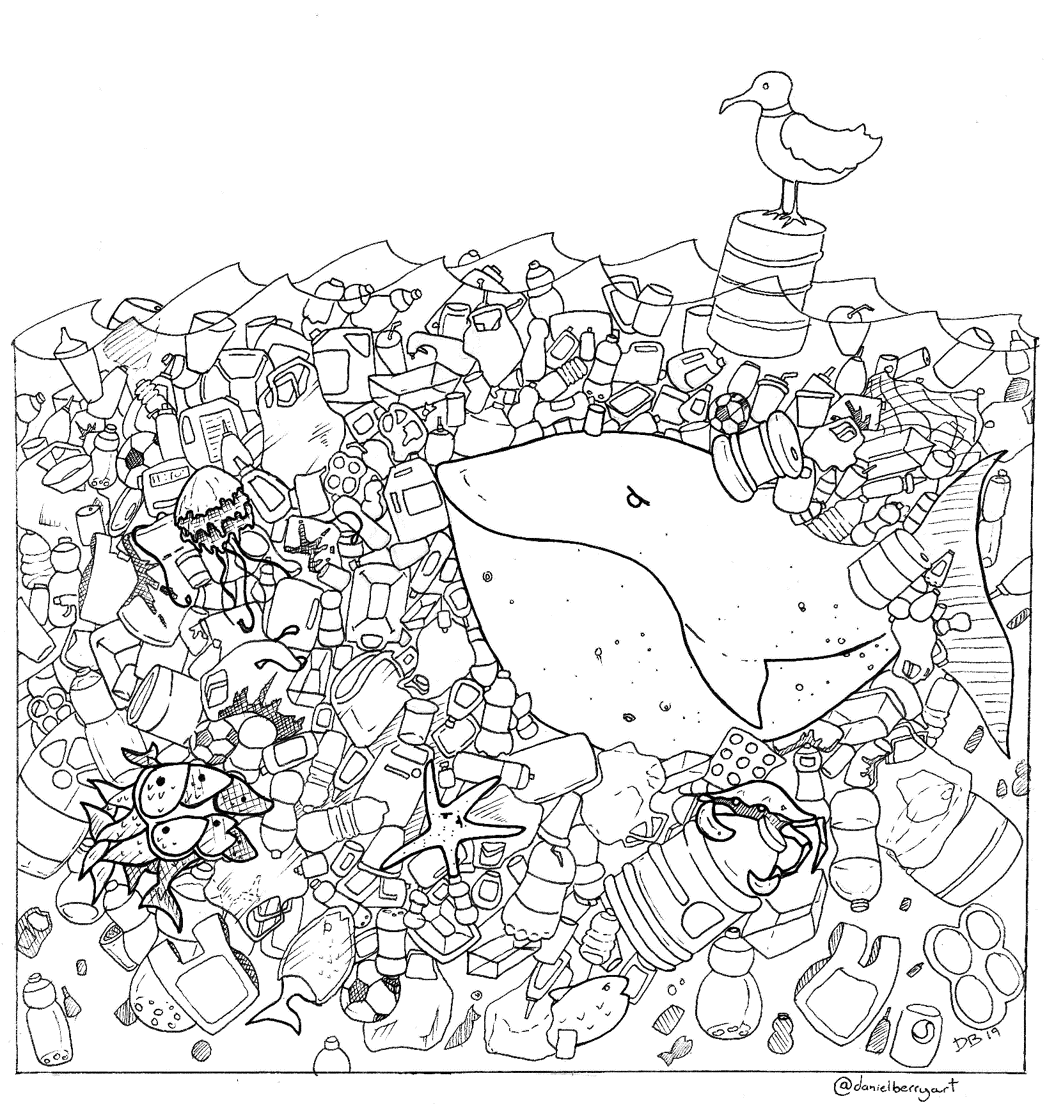 Our latest blog is from experts at Queen’s University Belfast – Dr Emma Berry, Lecturer in Psychology, and Dr Bronagh Millar from its Polymer Processing Research Centre – and explores recycling habits and why we should keep recycling all we can.
Our latest blog is from experts at Queen’s University Belfast – Dr Emma Berry, Lecturer in Psychology, and Dr Bronagh Millar from its Polymer Processing Research Centre – and explores recycling habits and why we should keep recycling all we can.
Why do some people recycle while others do not?
In Northern Ireland, we recycle twice as much as 15 years ago – this is great progress, particularly as 10% of all that we recycle is plastic. So why has there been such a big increase? Well, for many people, recycling has become part of their everyday routine – we have the bins and collection service, so it’s much easier to do now. Most of us also know its ‘good’ for the environment, so we try to follow the guidelines on putting recyclable products in the right bins.
At present while most people recycle, some households do not, so it’s important to understand why this might be. Based on local research where we interviewed members of the public from Northern Ireland, we identified a few common barriers to recycling.
Firstly, individuals felt that in the midst of busy lifestyles, family life, and competing priorities, recycling was often simply at the bottom of the daily agenda – it just did not feature in that long list of important day to day tasks.
Secondly, individuals felt that with the enormous range of products and materials available to us in shops, it can also be tricky to know which products can be recycled and in which bin. Likewise, it is not always clear how to recycle some products if they are made up of multiple materials (like a cardboard sleeve on a plastic yogurt pot); which need to be separated.
The final common barrier reported is that individuals feel that it’s often difficult to see the impact that small actions such as recycling at home or while out and about, can have on our environment; which can make small efforts feel a bit pointless.
So it’s understandable why many people find recycling baffling… The good news is that recycling does NOT have to be difficult and time consuming, and small efforts DO make a difference to our local environment and society.
Image credit: Daniel Berry – @danielberryart (Instagram)
Why is recycling important for Northern Ireland and how can my efforts make a difference?
Taking small actions like recycling at home, not only helps reduce the amount of waste in local landfill and which gets washed up on beaches, but it is also helping our local economy because recycling supports the generation of local industries and jobs.
Old and used packaging isn’t waste, it’s material that can be reformed and used to make more of the same packaging or something different.
One interesting local example is Cherry Pipes who manufacture the land drainage pipes that are found in new housing developments, road construction, sports stadia and beyond all made from 100% recycled plastic.
Not only does recycling at home supports this business and the jobs created there but it will continue to support economic growth as new businesses are formed and flourish in the sector.
Recycling at home is the best place to start and it’s where most waste comes from – in fact more than half (55%) of what the average NI household put in our rubbish bins could have been collected for recycling! It’s easy to think that as one individual or family, your recycling won’t make a difference when you feel like loads of other people and companies etc. are not recycling. But if every individual household just increased its recycling even a little bit, it would make a huge difference overtime. And it doesn’t have to be hard and time consuming…
Here are some tips to make it easier to recycle at home:
- Place a second bin or a ‘bag for life’ beside your general waste bin (this not only makes recycling easier, but it helps remind you/others in your household to recycle).
- Use visual and automatic reminders to give you a nudge to recycle e.g., daily/weekly phone reminders and post-its/signs on or around your indoor bins.
- Likewise, create visual reminders of what goes where (visit www.recyclenow.com/local-recycling to find out what you can recycle in your area, or check out your local authority website.
- When you aren’t sure about whether certain packages can be recycled, look for the on-pack recycling label which is usually on the bottom or sides of packages and tells us what plastics most local authorities accept. As a rule of thumb, tins/cans, cardboard, and most hard plastics can be recycled.

